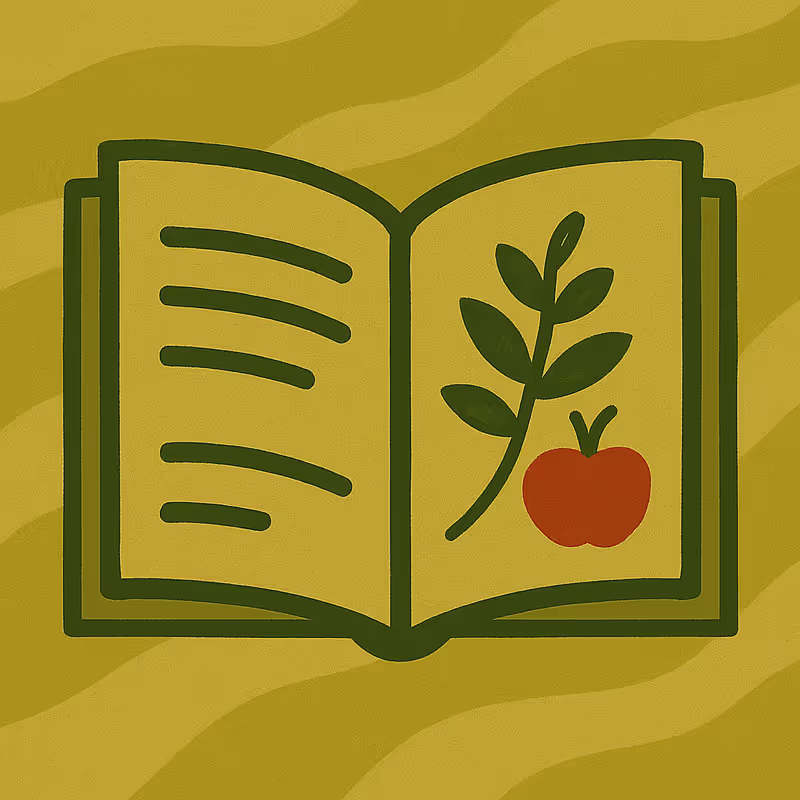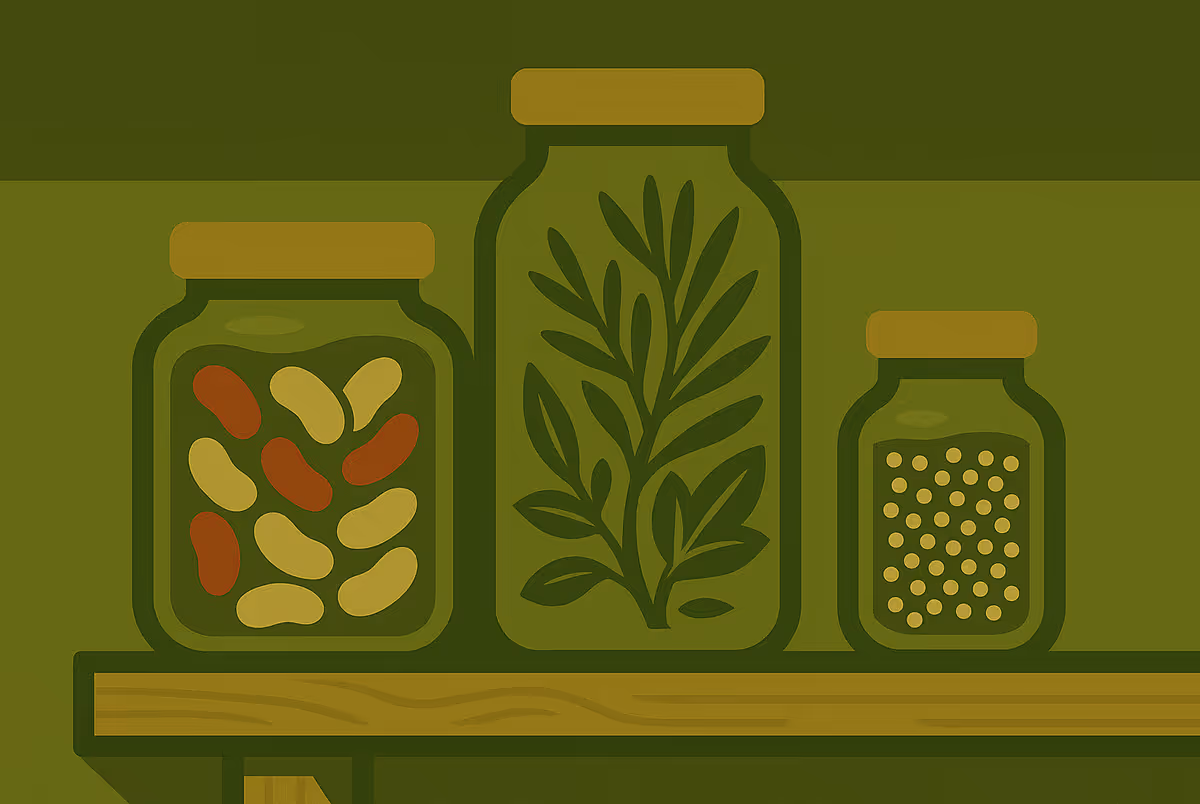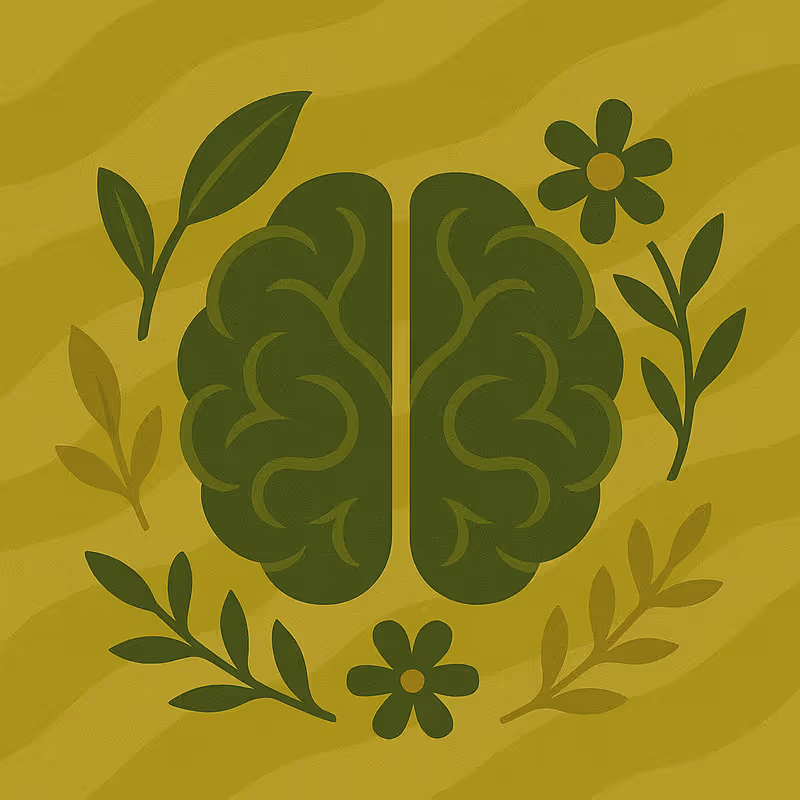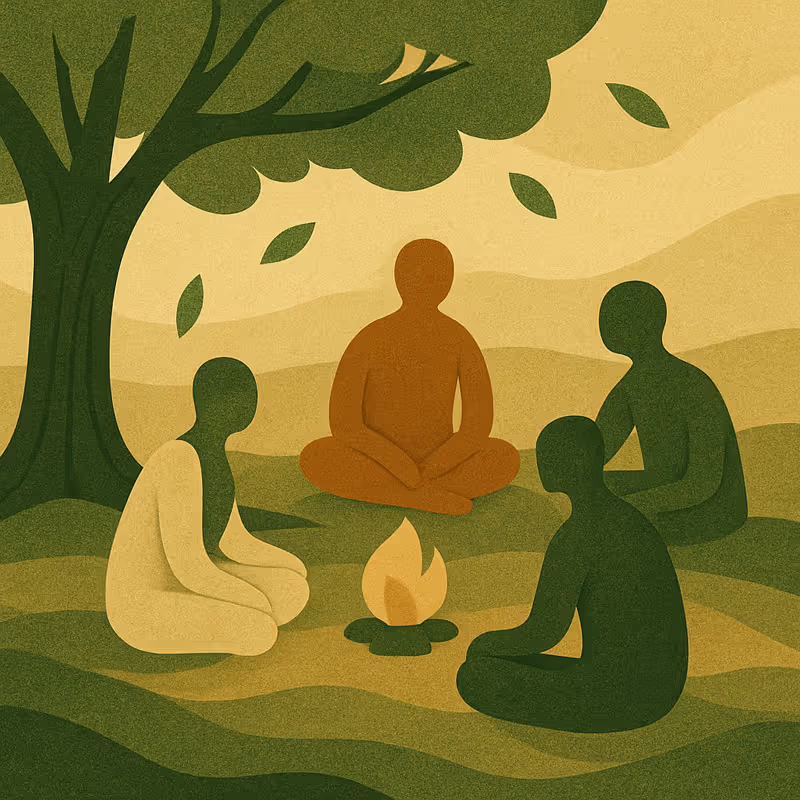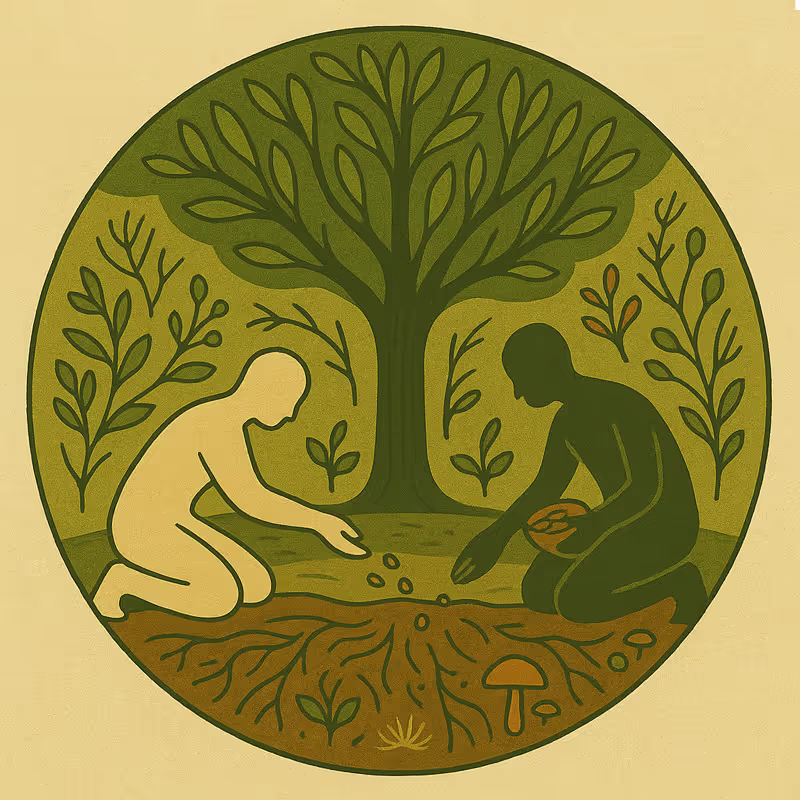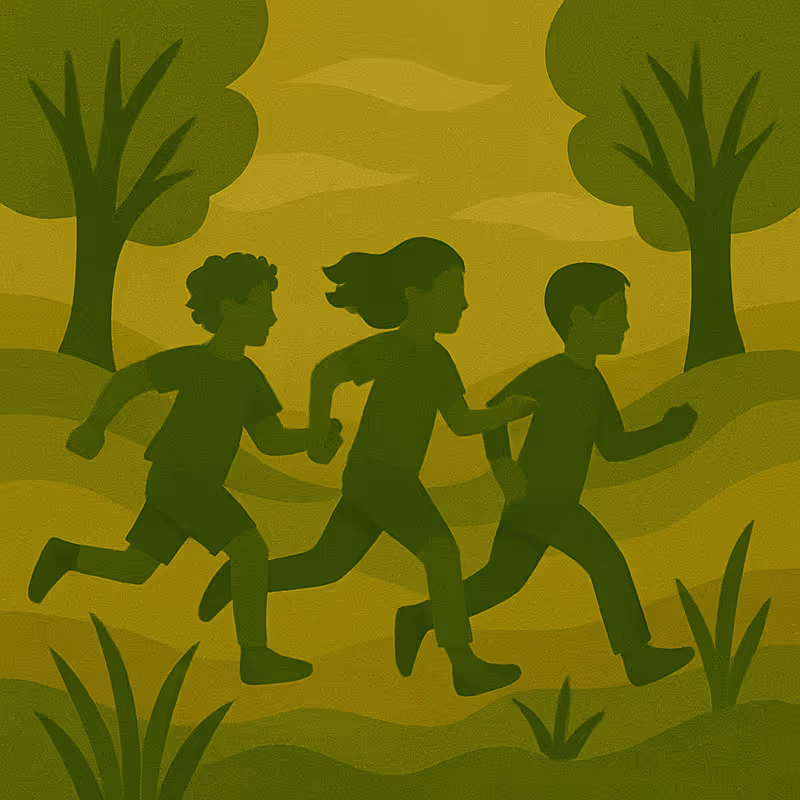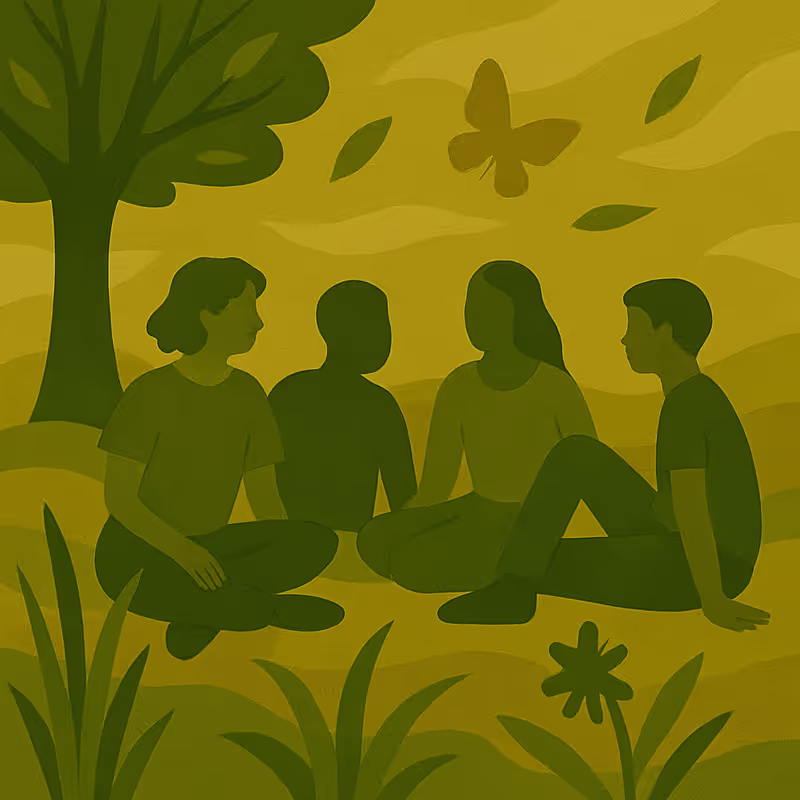Learning objectives:
- Understand how systems change can help protect biodiversity, using leverage points like values, rules, and worldviews
- Recognise the importance of justice, inclusion, and Indigenous knowledge in biodiversity decision-making
Changing the system: leverage points for biodiversity action
In previous sections, we explored the key drivers of biodiversity loss.
This chapter introduces leverage points, powerful places within a system where targeted interventions can bring about meaningful transformation. This concept is based on the work of leading systems thinker Donella Meadows (Meadows, 1999) and has been applied by IPBES to the biodiversity crisis (IPBES, 2022).
What are leverage points?
Leverage points are specific places in a system, whether economic, social, or ecological, where a small shift can lead to significant change.
- Shallow leverage points (like policies or subsidies) are easier to implement but often yield limited results.
- Deep leverage points (like values and goals) are harder to reach but have the most transformative potential.
Imagine a seesaw: shallow leverage points (parameters and feedback loops) are closer to the pivot, easier to press but with limited effect. Deep leverage points (design and intent) are nearer the edge: harder to press but able to shift the entire system.
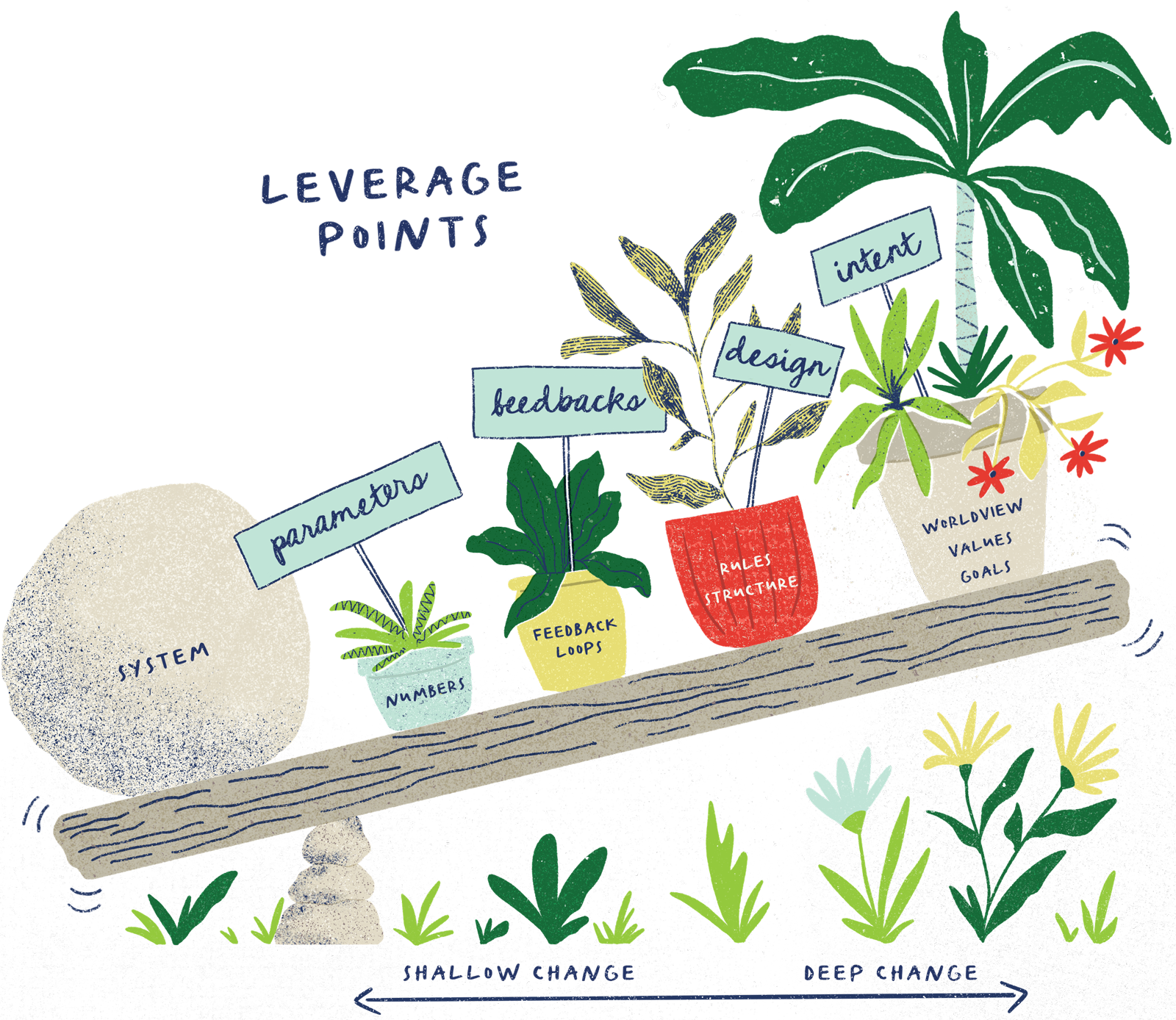
Key leverage points proposed by IPBES (2022)
Redefining the ‘good life’
IPBES emphasises the importance of reframing a good life and wellbeing away from material consumption by creating the social and material conditions for it. In a growth-oriented system, success is equated with wealth and consumption.
But creating the conditions for people to lead a meaningful life with lower material impact can inspire the mainstreaming of sustainable lifestyles and help shift the system’s core goals away from economic growth, overproduction and overconsumption. This is a deep leverage point.
Changing values and behaviours
Changing personal values is difficult, but essential.
Promoting the alignment of decisions with values such as sustainability, justice, and biodiversity protection creates long-lasting change.
Education, storytelling, and cultural transformation play a key role in changing values at a wide level.

Rewriting the rules
Shifting how decisions are made inside the existing economic system is another leverage point. This includes:
- Integrating biodiversity into investment, innovation, and land-use decisions.
- Requiring accountability for any biodiversity degradation that arises from economic activity - a process that today is severely lacking from policy making and economics.
Promoting justice and inclusivity
IPBES also calls to leverage justice and inclusivity in biodiversity decision-making. Inequalities should be put at the forefront of values and decision-making alongside biodiversity.
For example, education, knowledge sharing and knowledge generation should include modern science as well as local and Indigenous knowledge.
Globally speaking, biodiversity is less at threat in areas managed by Indigenous communities (IPBES, 2019). These areas represent at least a quarter of all global land area, including 35% of all protected areas. However, these areas are still under increasing pressure and are experiencing increasing loss of biodiversity (IPBES, 2019).
Is transformational change even possible?
At first, the leverage points we've explored might seem distant or too large to influence. It’s easy to feel overwhelmed by the scale of the biodiversity crisis.
But the systems and the beliefs that harm nature are not set in stone: they were created by people, and they can be changed by people, especially when many of us come together.
Perhaps we can be inspired by some of Donella Meadows’ - the pioneer of leverage points - own words (Meadows, n.d.):
There’s only one thing I do know. If we believe that it’s effectively over, that we are fatally flawed, that the most greedy and short-sighted among us will always be permitted to rule, that we can never constrain our consumption and destruction, that each of us is too small and helpless to do anything, that we should just give up and enjoy our SUVs while they last, well, then yes, it’s over. That’s the one way of believing and behaving that gives us a guaranteed outcome. Personally I don’t believe that stuff at all. I don’t see myself or the people around me as fatally flawed…We are not helpless and there is nothing wrong with us except the strange belief that we are helpless and there’s something wrong with us. All we need to do, for the bear and ourselves, is to stop letting that belief paralyze our minds, hearts, and souls.
Around the world, many communities have long embraced values of connection, reciprocity, and care, with each other and with nature. These values offer meaningful alternatives to the dominant norms of individualism and consumerism and could inform alternative socio-economic systems with better outcomes for biodiversity and people.



